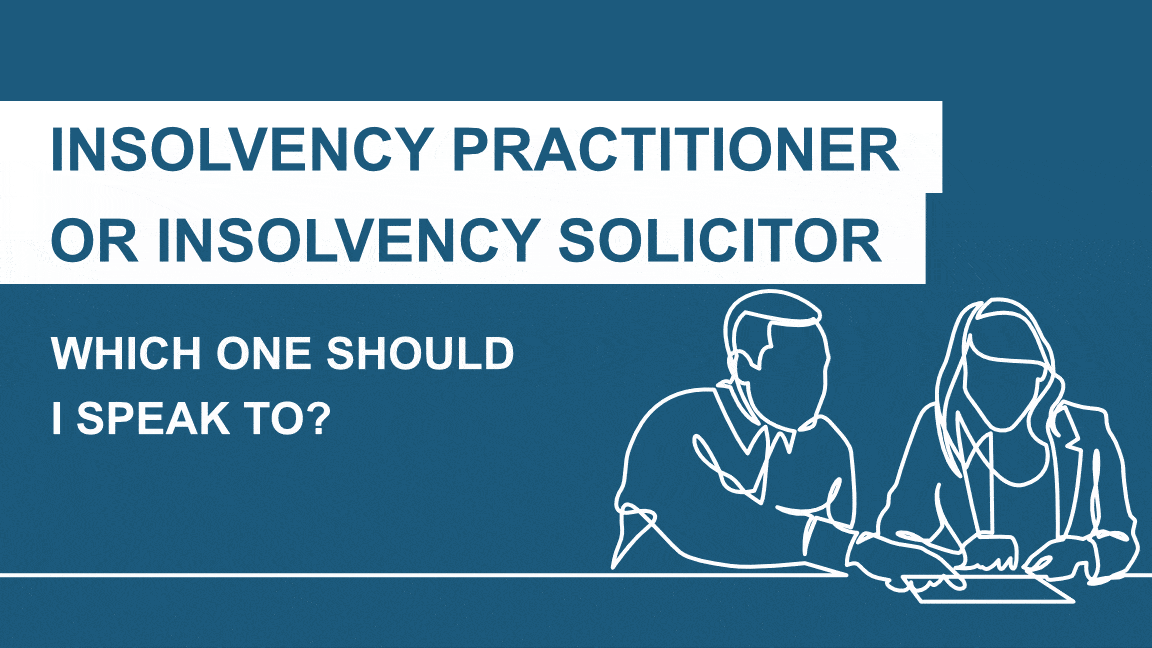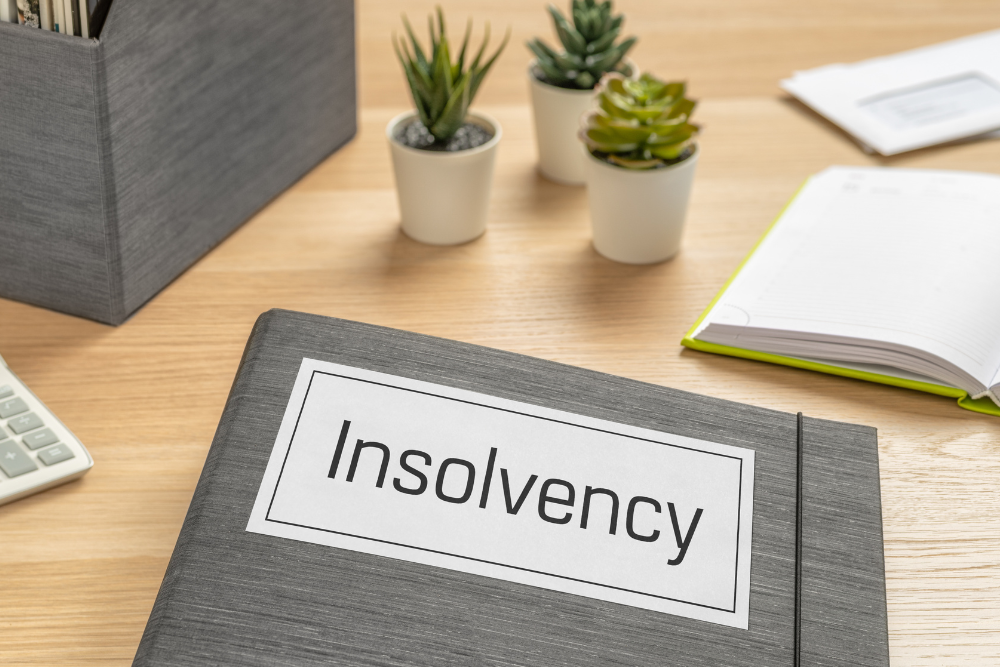4 Easy Facts About Insolvency Practitioner Shown
4 Easy Facts About Insolvency Practitioner Shown
Blog Article
Some Known Facts About Insolvency Practitioner.
Table of ContentsInsolvency Practitioner for DummiesThe Greatest Guide To Insolvency PractitionerInsolvency Practitioner Things To Know Before You Get ThisGet This Report on Insolvency Practitioner
This allows breathing time to reorganize an organization. Where all or part of a trading company is most likely to bring in a purchaser that wants to continue its operations, it may be ideal to think about an accelerated sale process. By embarking on a short open advertising procedure, purchasers can be identified and settlements proceeded quickly with a sight to saving business and giving continuity of trade.
If your company is financially troubled and they are attempting to save the organization your work civil liberties might be shielded in a transfer or requisition (Insolvency Practitioner). This kind of bankruptcy involves administration or a voluntary arrangement with creditors. If your 'transferring employer' (the employer you were originally employed by) is experiencing insolvency process, you might be owed money by your transferring company
In bankruptcy circumstances this limitation is raised. Your transferring employer, new employer or the insolvency professional can lower your pay or transform your various other work terms and problems after the transfer. Any changes need to be made with the purpose of making certain the new company can manage the transferring labor force, with the result that the work will be conserved.
Little Known Questions About Insolvency Practitioner.
The adjustments should be concurred with worker agents (reps). Insolvency Practitioner. The representatives are chosen in a similar means to reps that should be spoken with prior to appropriate transfers, and can be the exact same reps. If an independent profession union is recognised in your office the reps have to be the trade union reps acknowledged for cumulative bargaining objectives by the employer

Where a firm is wound up by an order of the court on grounds that it is unable to pay its financial obligations, your work will certainly not move to a new employer. On the date that the court order is made, all employment agreement end. click this site You might be qualified to insolvency and redundancy settlements from the National Insurance Fund.
The main objective of management is to save a firm. If this isn't feasible, a manager will try to get a better outcome for the creditors than would be feasible if the firm was ended up. The financial institutions are individuals or firms who are owed cash by the bankrupt organization.
The 4-Minute Rule for Insolvency Practitioner
If the main focus of an administrator's actions is to save business or give a far better result for lenders without ending up the business after that your work agreement is safeguarded during a transfer or takeover. Some of your rights may be different than the protections throughout a normal transfer or requisition.
Formal volunteer plans are where creditors hold a conference and vote on a recommended plan put onward by your employer with the aid of a qualified bankruptcy specialist. If your company is undergoing a voluntary setup your employment agreement is secured during a transfer or takeover. If your company is in management or any type of other kind of receivership then your employment agreement is protected throughout a transfer or takeover, although some of your legal rights may be different than the protections throughout a typical transfer or takeover.
Take on a caseload of company bankruptcy instances. Direct input into the advertising and marketing tasks and strategies for the firm. Assist with the training and development of the group. To be considered for this function you will official website have been taking bankruptcy appointments for a minimum of 5 years and you will certainly possess solid technological conformity skills.
Indicators on Insolvency Practitioner You Should Know

If you continue working and your employer's organization is transferred, your employment civil liberties are secured, including any kind of pay that is owed to you. It is possible your employer is not formally insolvent but they still can not pay you. In this situation, they can be compelled to lay you off or place you on short time.
If this occurs, you may be asked to proceed functioning. This does not impact your legal rights to redundancy pay if the firm shuts down later on. Normally somebody called an 'bankruptcy practitioner' or' Official Receiver' is assigned to manage the insolvency. They will certainly supervise of the instance and might serve as one of the following: administrator liquidator receiver supervisor (of a volunteer arrangement) trustee (in personal bankruptcy) You can declare for all your unpaid pay from the insolvency professional.
Some financial obligations, consisting of vacation pay and wages, will be 'advantageous financial obligation' when your employer's assets are shared out. This means they have to be paid before specific various other financial debts. As full settlement can not be ensured, there are unique arrangements for employees to assert the standard minimum of debts owed to them from the National Insurance Policy Fund.
Report this page